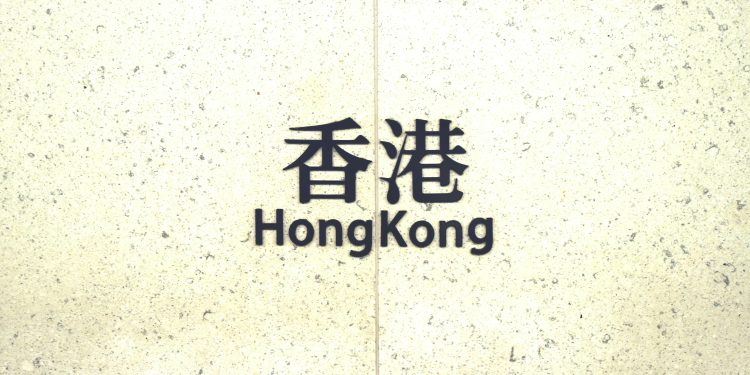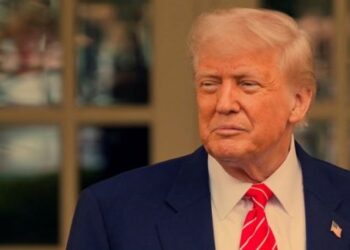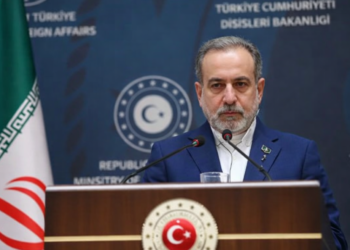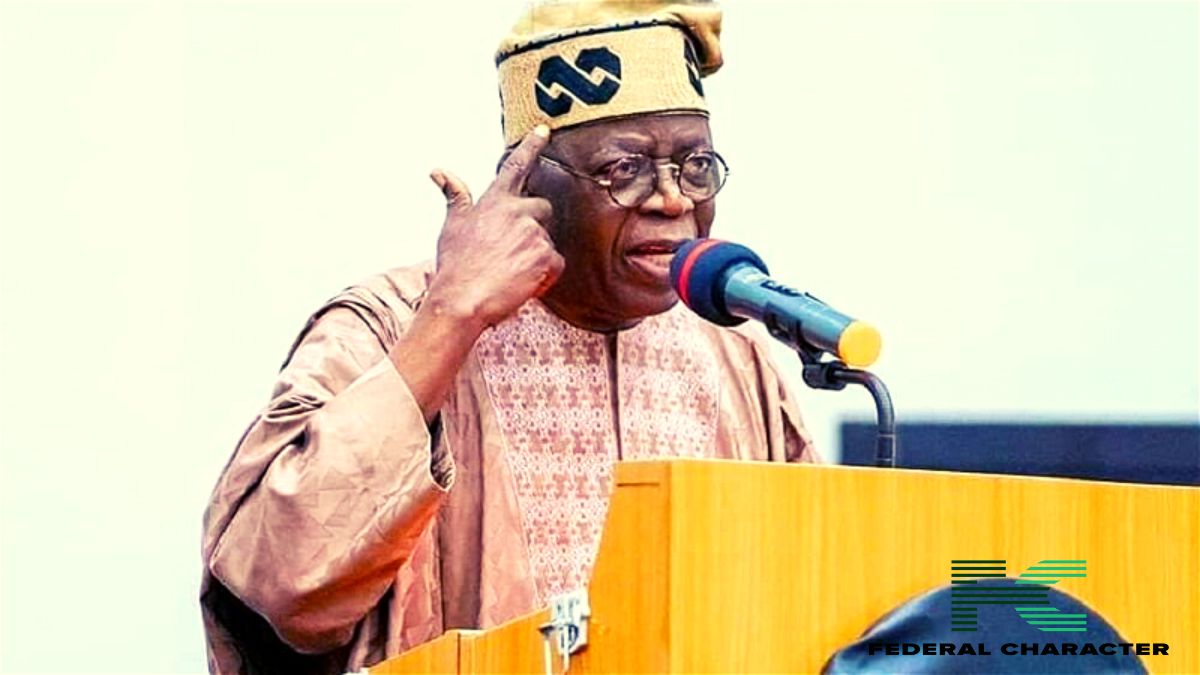Hong Kong immigration authorities have declined to renew the visa of Bloomberg News correspondent Rebecca Choong Wilkins without explanation, sparking concerns about deteriorating press freedom in the Asian financial hub.
The six-year Hong Kong resident, who most recently reported on government and economic issues for Bloomberg’s Asia team, received the rejection through standard channels, prompting the Hong Kong Foreign Correspondents’ Club (FCC) to publicly question the decision’s implications for journalistic freedoms guaranteed under Hong Kong’s Basic Law and Bill of Rights.
Bloomberg confirmed it is “working to resolve the situation” through appropriate avenues while fully supporting its correspondent, though both the company and immigration officials declined to comment specifically on individual cases.
The Wilkins case represents part of a broader pattern of visa denials affecting foreign correspondents since Hong Kong’s implementation of the National Security Law in 2020.
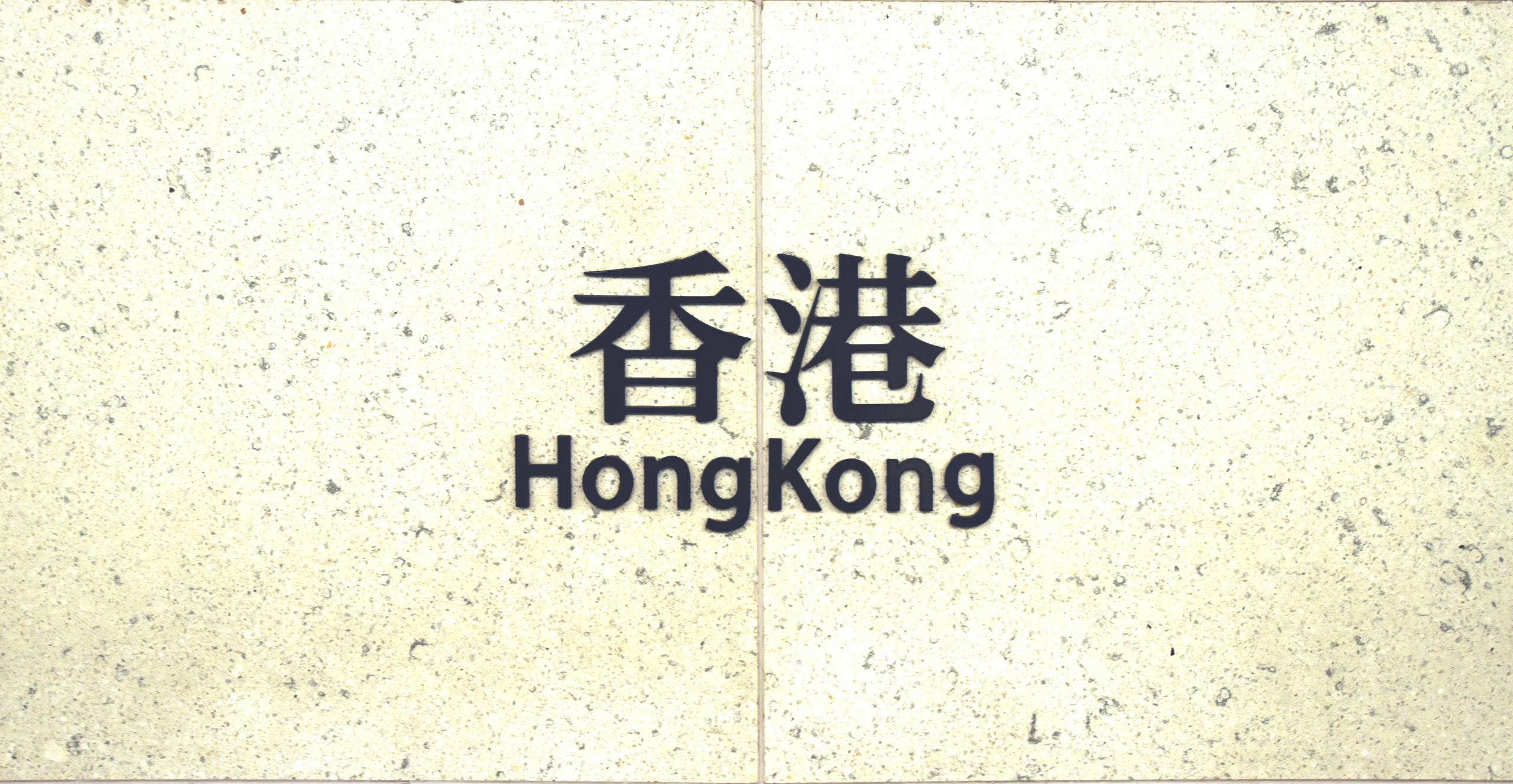
According to Reporters Without Borders, at least nine journalists have encountered visa problems with Hong Kong authorities during this period, contributing to the city’s decline to 140th position in the global press freedom index among 180 countries and territories.
The Hong Kong Journalists Association chairperson Selina Cheng noted that the actual number of visa denials for foreign media personnel exceeds publicly reported cases, suggesting a systematic though unacknowledged restriction on international press presence in the territory.
Hong Kong’s Immigration Department maintained its standard position when questioned about Wilkins’ case, stating that it “does not comment on individual cases” and that all applicants must “meet the eligibility criteria” without specifying what criteria the Bloomberg journalist might have failed to satisfy.
This lack of transparency characterizes many recent visa decisions involving foreign correspondents, creating uncertainty about what reporting activities might jeopardize visa renewal prospects. The department’s statement avoided addressing broader concerns about press freedom while emphasizing procedural compliance over explanatory transparency.
The Hong Kong Foreign Correspondents’ Club issued a formal statement noting that the unexplained decision “reinforces widespread concerns about the erosion of press freedom in Hong Kong,” specifically referencing legal protections under the Basic Law and Bill of Rights that theoretically guarantee journalistic freedoms.
Media advocacy groups have documented increasing restrictions since Hong Kong’s 1997 handover from British to Chinese rule, with local journalists facing detention and harassment while foreign reporters experience entry denials and visa non-renewals often lacking clear justification or appeal mechanisms.
Why It Matters
The current visa controversy occurs against the backdrop of significant media environment changes following the 2020 National Security Law, which criminalizes secession, subversion, terrorism, and collusion with foreign forces.
While authorities maintain the law targets only security threats, media organizations report chilling effects on reporting sensitive topics including mainland Chinese affairs, pro-democracy movements, and critical examination of government policies.
This environment has prompted several international media outlets to relocate staff from Hong Kong to other Asian bases, though Bloomberg maintains significant operations in the financial hub.

